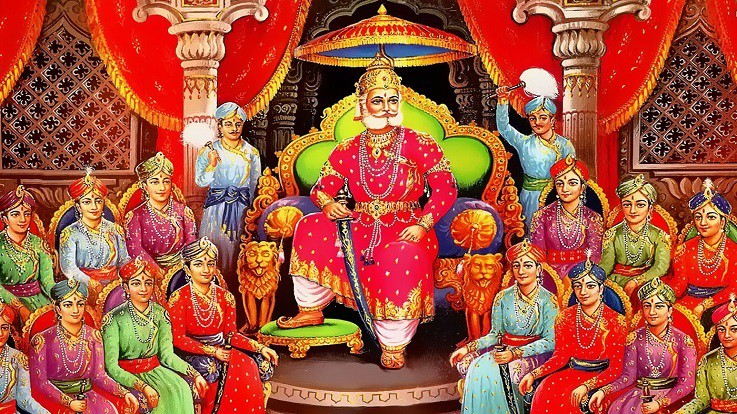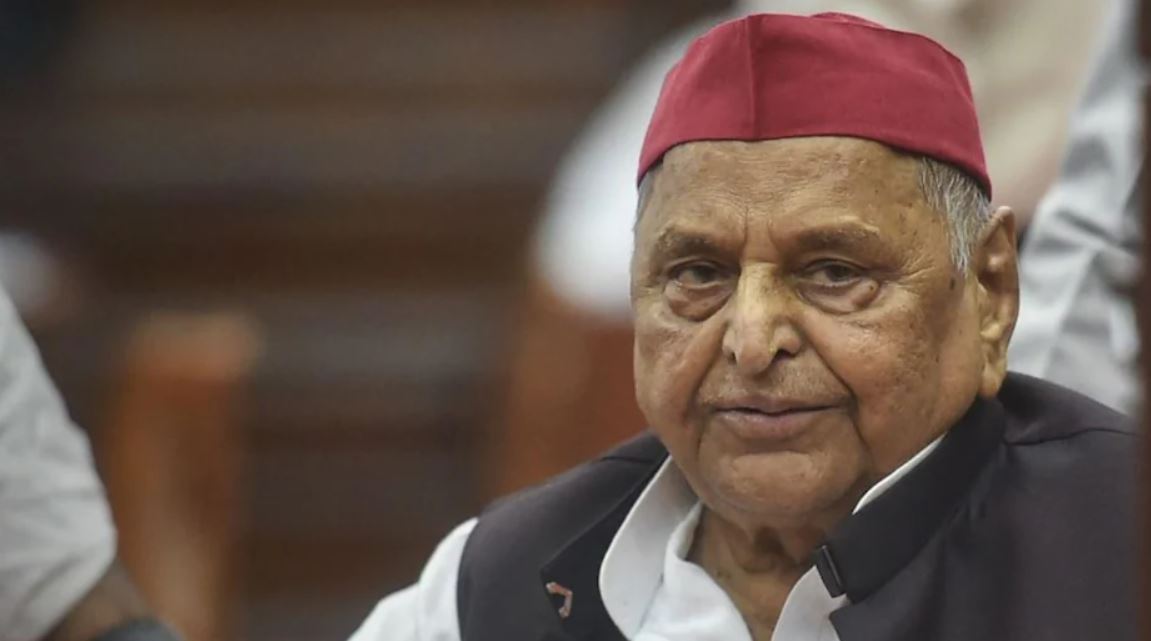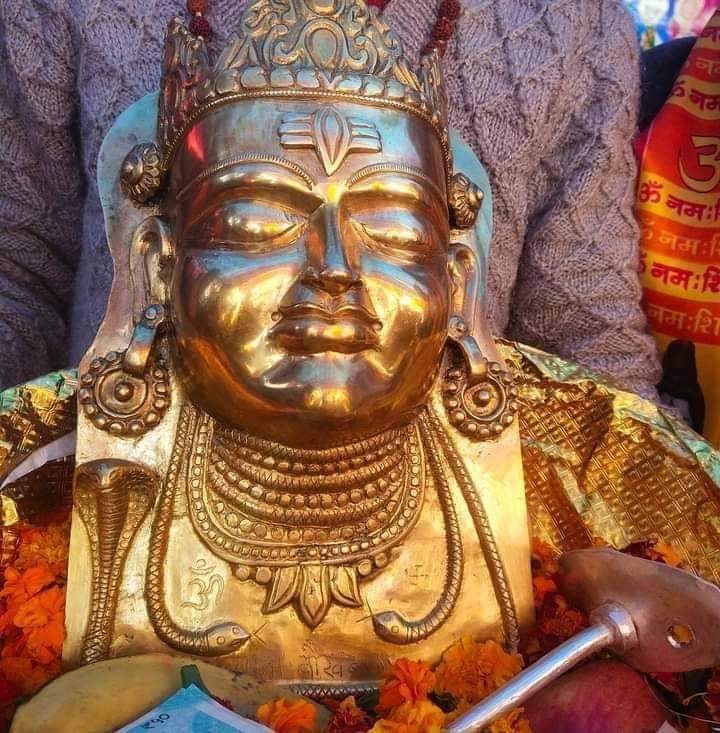
Who was Maharaja Agrasen?
Maharaja Agrasen, also known as Maharaja Agarwal, was a legendary Indian king and a revered figure in the Agarwal community. The exact historical details of Maharaja Agrasen’s life are often obscured by myth and legend, making it challenging to separate fact from folklore. However, his legacy is deeply ingrained in the cultural and social fabric of certain Indian communities.
Maharaja Agrasen, a Vaish King of the Solar Dynasty, embraced Vanika Dharma for the welfare of his people. The term “Agrawal” literally translates to the “Children of Agrasen” or the “People of Agroha,” an ancient city situated in the Kuru Panchala region, near Hisar in Haryana, believed to have been founded by Maharaja Agrasen.
Maharaja Agrasen-Suryavanshi Kshatriya king
According to Bharatendu Harishchandra’s account, Maharaja Agrasen was a Suryavanshi Kshatriya king, born during the last stages of the Dwapar Yuga in the Mahabharat epic era, contemporaneous with Lord Krishna. He was the son of King Vallabha Dev, a descendant of Kush (Lord Rama’s son), and also traced his lineage back to Suryavanshi King Mandhata. King Mandhata had two sons, Gunadhi and Mohan, with Maharaja Agrasen being the eldest son of King Vallabh, a descendant of Mohan from Pratapnagar. Maharaja Agrasen, in turn, had 18 children, from whom the Agrawal Gotras originated.
Maharaja Agrasen-Karma Yogi
Maharaja Agrasen, a proactive leader and practitioner of Karma Yoga, dedicated himself to fostering prosperity for all. Embracing socialist principles, he implemented a unique rule aimed at creating an egalitarian society. Maharaja Agrasen declared that any individual settling permanently in Agroha would receive one rupee and one brick from each resident. With these resources, newcomers could build homes and start businesses, fostering equal status within the community.
During the 18th Yagna, Maharaja Agrasen embraced the ideal of non-violence. In the realization of the futility of animal sacrifices during the Yagna conducted for establishing the 18th Gotra, he emerged as a staunch advocate of non-violence. This transformative experience positioned him as a leading proponent of a society built on principles of equality and non-violence.
Key aspects and beliefs associated with Maharaja Agrasen
- Social Vision:
- Maharaja Agrasen is celebrated for his commitment to social equality, justice, and the well-being of his subjects. His rule is often portrayed as an era of prosperity and harmony.
- Agarwal Community:
- The Agarwal community, particularly in northern India, considers Maharaja Agrasen as their revered ancestor and a symbol of community solidarity.
- Philanthropy and Charity:
- Legend has it that Maharaja Agrasen was a benevolent ruler who encouraged philanthropy and charity. His teachings emphasize the importance of helping those in need.
- Agrasen Ki Baoli:
- Agrasen Ki Baoli, a historic stepwell in the heart of Delhi, is often linked to Maharaja Agrasen. It is believed that he ordered the construction of this stepwell, which stands as a testament to his architectural patronage.
- Agrawal Mahasabha:
- The Agrawal Mahasabha, an organization representing the Agarwal community, plays a significant role in preserving and promoting the cultural and social aspects associated with Maharaja Agrasen.
- Cultural Celebrations:
- Various cultural events and festivals are organized by the Agarwal community to celebrate the life and teachings of Maharaja Agrasen. These events often include processions, rituals, and community gatherings.
- Legacy and Inspiration:
- Maharaja Agrasen’s legacy continues to inspire ideals of compassion, unity, and community service. His teachings are often cited as a source of inspiration for fostering social cohesion and ethical governance.
- Agrasen Jayanti:
- Agrasen Jayanti, the birth anniversary of Maharaja Agrasen, is celebrated by the Agarwal community with great enthusiasm. It is marked by prayers, cultural programs, and community feasts.
While the historical accuracy of Maharaja Agrasen’s life remains a subject of debate, his cultural and social significance endures, particularly within the Agarwal community. The ideals of justice, philanthropy, and community welfare associated with Maharaja Agrasen continue to resonate and shape the ethos of those who honor his legacy.



